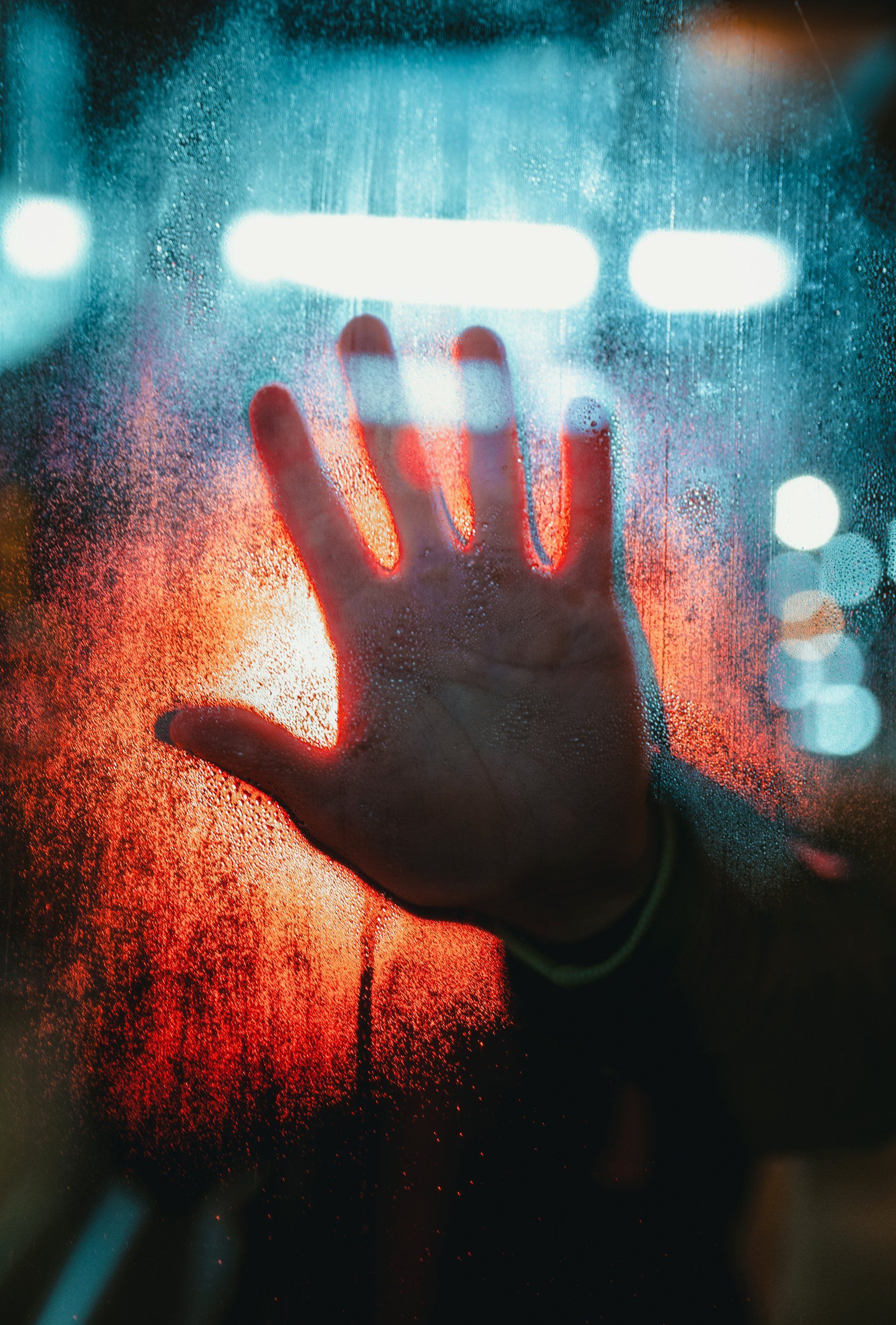New vaccine successes and looming vaccine failures
This time around we explore an exciting new vaccine against the HIV virus, which was responsible for one of the most tragic epidemics of recent times, killing more than 40 million people since the early 1980s. We also take a look at China’s failure to vaccinate, and the repercussions for the nation’s failing no-tolerance covid policy.
Vaccine drives HIV antibodies in 97% of people
It was only a small study. But the news that an experimental HIV vaccine has created antibodies in 35 out of 36 volunteers is big news. So far, however, we don’t know whether it provides protection against infection in the first place.
The two dose vaccine had no severe side effects and seems to prove the concept behind a relatively new approach to HIV vaccination. Based on the antibody levels people got from two doses, it looks like booster doses will be on the cards to actually avoid infection.
Like many viruses HIV mutates fast, making it hard to come up with effective vaccines. The mutated viruses simply evade vaccinations. The new vaccine stimulates B-cells to generate ‘broadly neutralising’ antibodies that mess with the bits of the virus that don’t tend to mutate. The team involved hopes fine-tuning the method could develop vaccines against other fast-mutating viruses, including the flu.
China's vaccination failure makes easing restrictions risky
China’s zero covid policy has protected millions from mass infection, but now the people have had enough and they’re protesting. At the same time China’s failure to vaccinate older people means easing lockdowns could mean millions die.
Relaxing restrictions risks causing a ‘vast number’ of deaths, predicted by experts to fall somewhere between 1.3 and 2.1 million, a figure arrived at via complex computer modelling based on Hong Kong’s experience in March 2022. Hong Kong saw a huge spike in fatalities in March because just 30% of people aged over 80 were vaccinated, and because hospitals were overwhelmed the spike was worse than it needed to be. But they still only suffered about half the deaths we saw in the UK.
Most countries brought an end to restrictions without experiencing a surge in fatalities, thanks to high levels of immunity from vaccination and infection, and in some cases because the most vulnerable people had already died. Take New Zealand. While it saw death rates rise after its own zero-covid policy ended, because more than 90% of people there aged over 60 were vaccinated 430 per million people have died of covid in New Zealand, compared to 3200 per million in the UK.
Apparently death rates in China could be even higher than in Hong Kong. Only 40% per cent of over 80s in China have had a booster, most of whom had theirs over a year ago. Waning immunity in China means protection levels have probably fallen well below those Hong Kong saw in March. At the same time China only has half the number of critical care beds available as Hong Kong, hinting that China could see a big wave with as many as 1500 deaths per million people, a total of over 2 million. China’s own official predictions are much the same.
Worst of all, because China stuck to its policy for so long but didn’t come up with a Plan B, increasing vaccination levels in older people could take months to set up. They’re already reporting tens of thousands of cases a day, and experts predict it is only going to get worse... and that means an increased risk of new variants and subvariants developing. With international travel back to normal again across most of the world, a dangerous new variant could arrive on our shores within hours.
How to kill covid at work
This is the perfect time to take responsibility for your own business and the people who work with you. Our covid-killing tech is low cost to buy, cheap to run, easy to fit and kills covid along with a host more nasty pathogens quickly and efficiently thanks to clean, safe UVC light. Our tech even kills common cold and flu viruses to support better productivity and a more predictable business landscape. It’s amazing, and it could save your business while others around you are failing because people keep going off sick.










